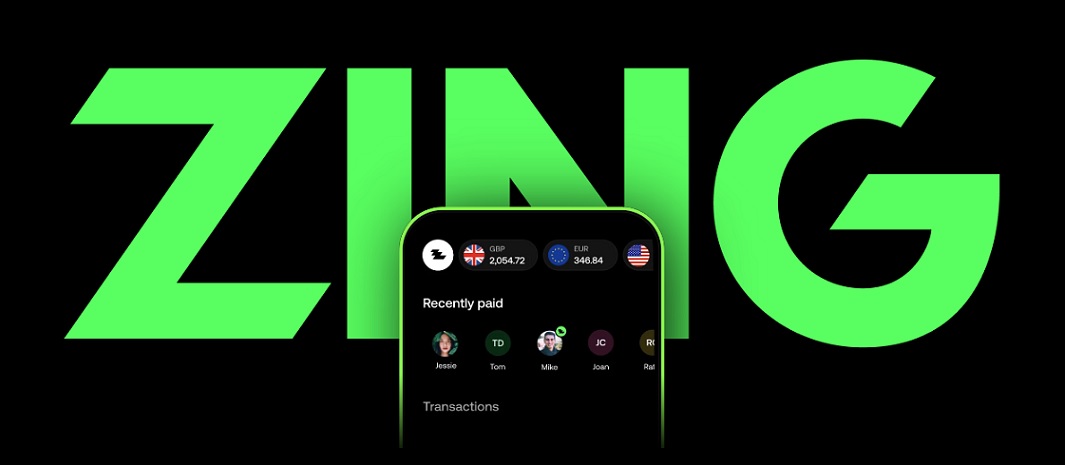
Visa and HSBC announced the technological collaboration in support of HSBC Group’s new international payments app, Zing. Zing enables users to hold funds in over 10 different currencies, send over 30 currencies, transact in over 200 countries and territories worldwide, all managed through a single app and smart multi-currency card. „The app successfully launched in the U.K. in January 2024 and will expand to additional markets in the near future.” – according to the press release.
Thanks to the cooperation with Visa, Zing was able to have a single point of contact for the entire project that delivered a multi-currency wallet courtesy of Currencycloud technology, and multiple methods to top-up an account including ‘quick bank transfer’, thanks to open banking technology delivered by Tink – both Visa solutions.
In addition, thanks to Visa technology, Zing offers internationally minded consumers in the U.K. a range of digital services including very low-cost and transparent currency exchange, financial management, instant collections, real-time exchange rates, and person-to-person (P2P) payments, all linked to a Visa card.
Currencycloud and Tink enabled speed-to-market for the Zing team by providing ready-made solutions to be added to Zing’s core infrastructure, saving on development time and the costs associated with building and maintaining their own solutions.
“Zing shows how outdated the ‘legacy financial services versus fintechs’ narrative really is. The reality is that you don’t have to choose; Zing is as intuitive, quick, and transparent as anything to come out of the fintech boom – but with the benefits of 150 years of international finance experience as part of the HSBC Group,” said James Allan – CEO and Founder at Zing. “We shared a clear vision with our partners at Visa – that people all across the globe want easy to use, secure, and trustworthy financial products that enable them to live their best international lives.”
“In today’s connected world, consumers should be able to move money as simply and routinely as sending a text message. Yet, in many cases, consumers still rely on manual, paper-based processes, high fees and cash to send and receive money across borders,” said Serge Elkiner – Global Head of Product, Money Movement Solutions at Visa. “Our partners and customers, and more importantly, their customers, want simplicity. By combining the benefits of Tink and Currencycloud with the wider Visa solutions and brand, we have delivered a great solution in double-quick time.”
The new global agreement between Visa and HSBC allows Zing to roll out new features, currencies, and to more international markets in the future.
____________
Zing is a new international money fintech, part of the HSBC Group, with the mission to enable anyone to live their best international lives by making converting, holding, spending, and sending international currencies easy and worry-free.
HSBC Holdings plc, the parent company of HSBC, is headquartered in London. HSBC serves customers worldwide from offices in 62 countries and territories. With assets of $3,021bn at 30 September 2023, HSBC is one of the world’s largest banking and financial services organisations.
Banking 4.0 – „how was the experience for you”
„To be honest I think that Sinaia, your conference, is much better then Davos.”
Many more interesting quotes in the video below: